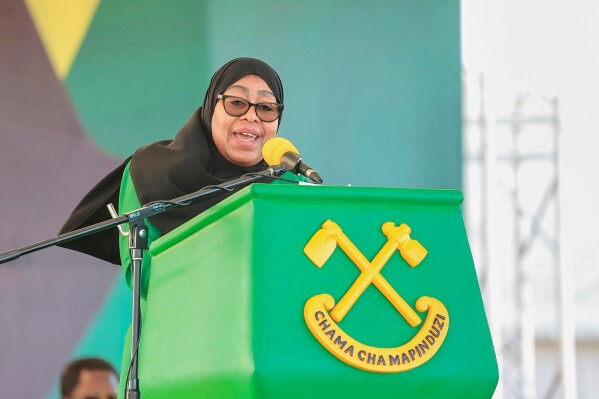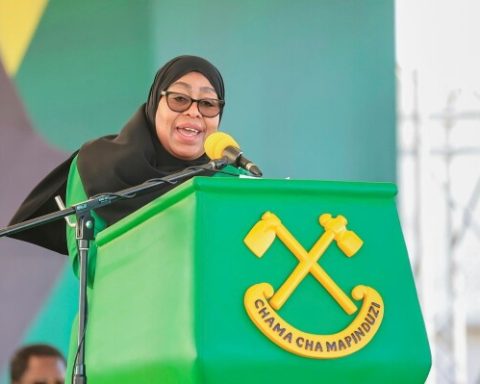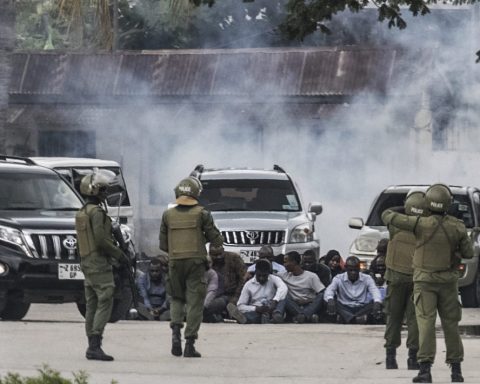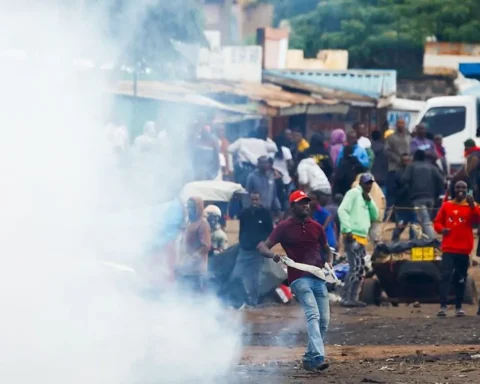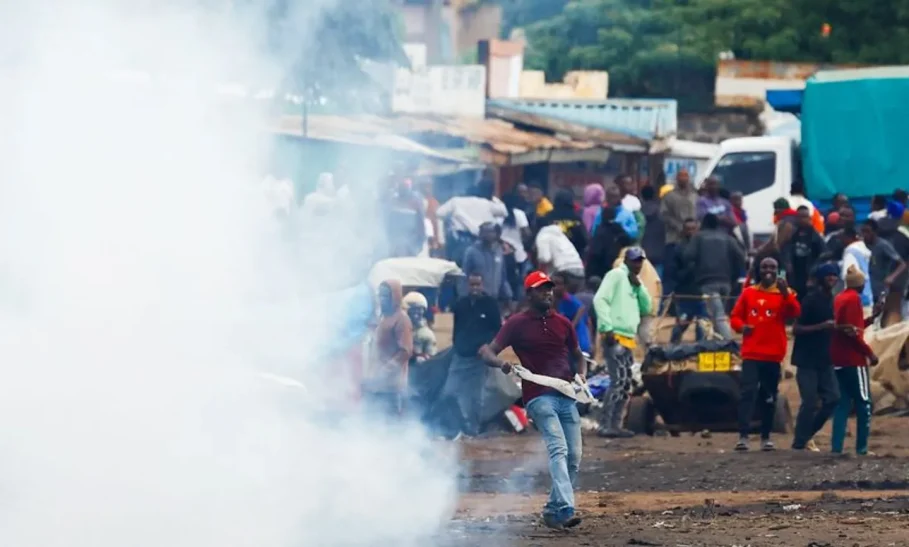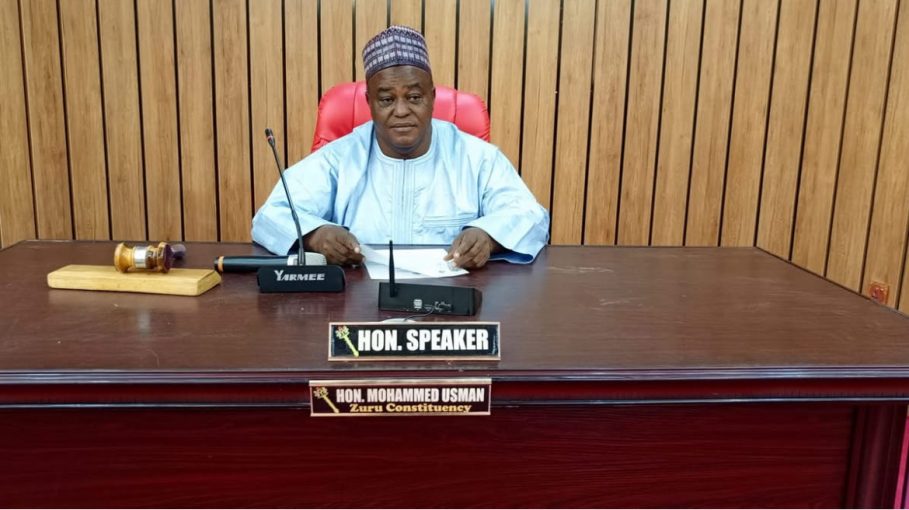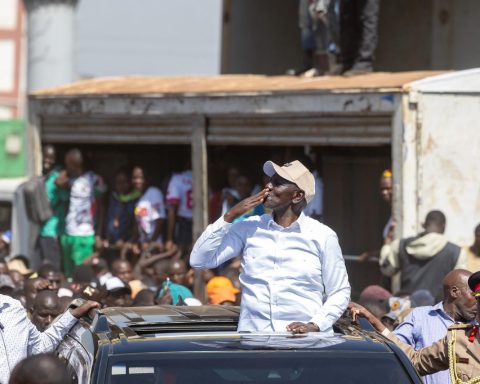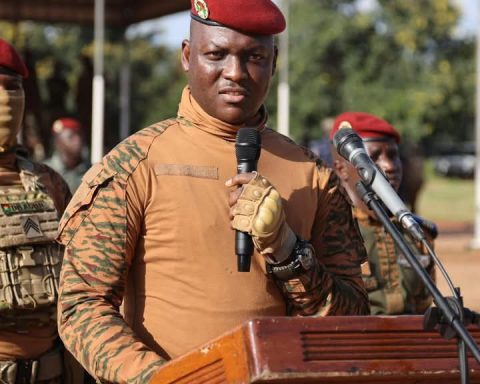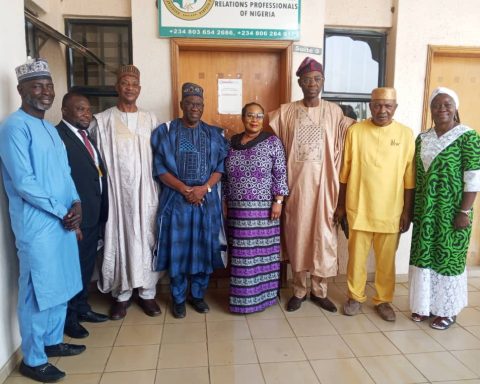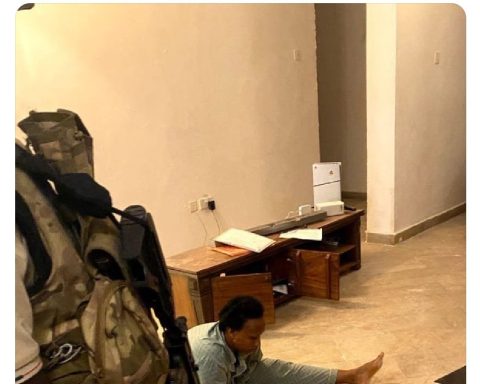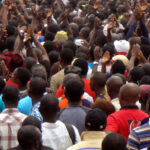Tanzanian President Samia Suluhu Hassan has won a landslide victory in a deeply disputed election that has been marked by large protests, internet shutdowns, and reports of mass killings by security forces.
The National Electoral Commission announced that Hassan secured 97.66 percent of the vote, dominating all constituencies across the country. The results were broadcast on state television, which also said a brief swearing-in ceremony would take place on Saturday. Her main rivals were either barred from the race or detained before the vote, which was held on October 28 and 29. The opposition party Chadema was disqualified, and its leader, Tundu Lissu, was charged with treason earlier this year. Rights groups say the pre-election period was characterized by intimidation, abductions, and harassment of political figures, journalists, and civil society members.
Join our WhatsApp ChannelThe election, Tanzania’s first since 2020, was seen as a test for Hassan, who took power in 2021 following the sudden death of President John Magufuli. Analysts say she was seeking to consolidate her position amid internal divisions within the ruling party and resistance from elements loyal to her predecessor.
Protests erupted across the country soon after voting ended, with citizens alleging ballot manipulation and the exclusion of key opposition candidates. Demonstrations that began peacefully on election day quickly turned violent in several regions, including Dar es Salaam, Mwanza, and Morogoro.
According to Chadema, hundreds of people have been killed by security forces since the unrest began. A party spokesperson told AFP that the number of deaths could be around 700, based on figures gathered from hospitals and clinics. A diplomat and a security source in Dar es Salaam separately told reporters that the death toll was likely in the hundreds.
The United Nations Office of the High Commissioner for Human Rights said it was “alarmed” by the situation, citing credible reports that at least ten people had been killed as police and soldiers used live ammunition and tear gas to disperse crowds. UN Secretary-General António Guterres also expressed deep concern over the reports of deaths and injuries, urging authorities to uphold human rights and exercise restraint.
Government officials have rejected claims of mass killings, calling the figures exaggerated. Foreign Minister Mahmoud Thabit Kombo told Al Jazeera that his government had “no figures on any dead” and insisted that “no excessive force” had been used. President Hassan has not made any public statement since the violence began. However, army chief Jacob Mkunda has voiced strong support for her government, describing the protesters as “criminals” attempting to destabilize the country.
The crisis has been compounded by a near-total blackout of information. Internet access across Tanzania has been heavily restricted since election day, making it difficult for citizens and the international community to verify reports of violence. News websites and local outlets have also been affected. The Citizen and Tanzania Times, two of the country’s main newspapers, have not published any updates since Wednesday, and several journalists have reported being unable to work freely. Social media platforms remain inaccessible, and independent broadcasters have suspended political coverage under government orders.
The blackout has effectively cut off much of Tanzania from the outside world, with the few updates emerging mainly through foreign correspondents and diplomatic sources.
International condemnation has continued to build. The foreign ministers of Canada, Norway, and the United Kingdom released a joint statement, expressing concern about “credible reports of fatalities and significant injuries” and calling on Tanzanian authorities to respect the rights to free assembly and expression.
Norway, UK, Canada urge restraint as post-election unrest grips Tanzania
Human rights organisations have described the situation as one of the worst crackdowns in Tanzania’s recent history. Amnesty International said the scale of repression “amounts to a wave of terror” that undermines public confidence in the country’s democratic process.
Hassan’s victory gives her another term at the helm of one of East Africa’s largest economies, but the legitimacy of her mandate is now in question. With key opposition leaders in jail, a nationwide curfew still in place, and the internet shut down, there are growing fears that the unrest could deepen in the days ahead.



